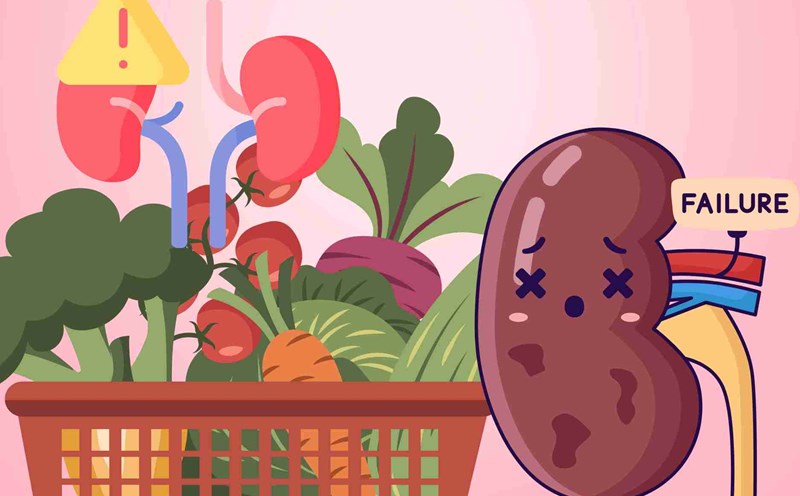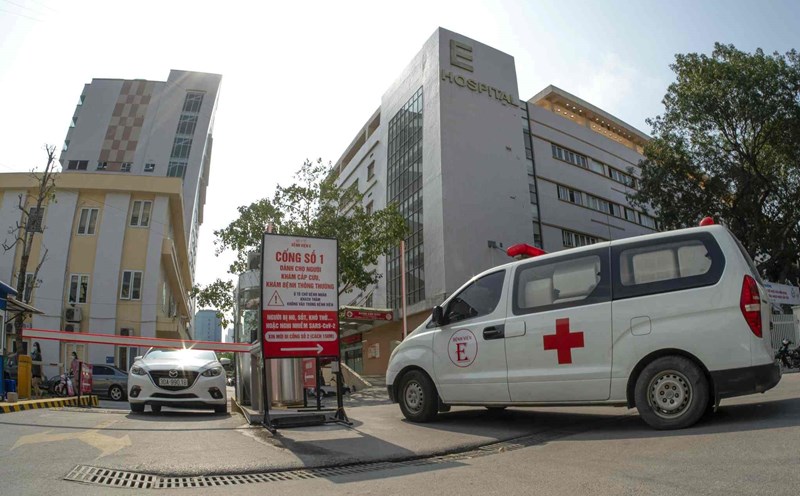Limit high-protein foods
In people with chronic kidney failure who have to filter their blood, toxins such as urea and created created created from protein metabolism are not effectively excreted, easily accumulating in the blood, causing poisoning. Therefore, patients need to limit foods rich in protein such as lean meat, fish, eggs, shrimp, chicken... to reduce the burden on the kidneys. When the amount of urea and createdinin in the blood increases, patients can experience dangerous symptoms such as headache, nausea, diarrhea, and even gastrointestinal bleeding. Therefore, you should only eat the amount of protein recommended by your doctor, avoid overeating even though it is a healthy food.
Reduce salt to avoid water retention and increase blood pressure
kidney failure reduces the ability to excrete sodium, leading to water retention, causing edema, increasing blood pressure and possibly acute pulmonary edema. When eating salty foods, patients will drink more water, causing the body to accumulate more fluid and have to filter the blood more often. Therefore, patients should eat sparingly, with a salt intake of no more than 1,500mg/day, and avoid foods high in salt such as fish sauce, canned foods, salted eggs, sea fish or instant noodles.
Avoid foods high in potassium
hyperkalemia is a leading dangerous complication in people with kidney failure, which can lead to arrhythmia and death. Normally, excess potassium is excreted by the kidneys through urine, but in people with end-stage renal failure, this function is no longer there. Therefore, patients should avoid foods rich in potassium such as bananas, papaya, potatoes, coconut water and dairy products with high potassium content. When choosing milk, you should read the label carefully to ensure safety.
Limit foods high in phosphorus
When the kidneys lose the ability to remove phosphorus, increased levels of phosphorus in the blood will cause calcium in the bones to be removed, causing osteoporosis and pain. Foods rich in phosphorus include milk, beans, whole grains (such as brown rice), coca, beer and carbonated soft drinks. Patients should minimize these foods to avoid damage to the skeleton and other organs.
Control the amount of water you take in
For patients with kidney failure, controlling water levels is a vital issue. If you take in too much water while the kidneys cannot excrete it, the body will accumulate fluid, causing high blood pressure, pulmonary edema and overflow of the lungs and heart. Patients should weigh daily to monitor weight changes each 1kg increase is equivalent to about 1 liter of excess water. After each blood filtration, patients should record their "dried" weight (ie after having all the remaining residue removed), thereby adjusting the amount of water they drink during the day. Eating lightly also helps reduce thirst, limiting water intake.











